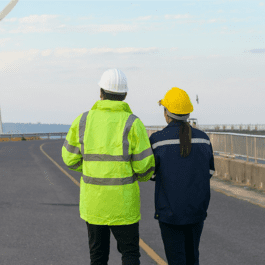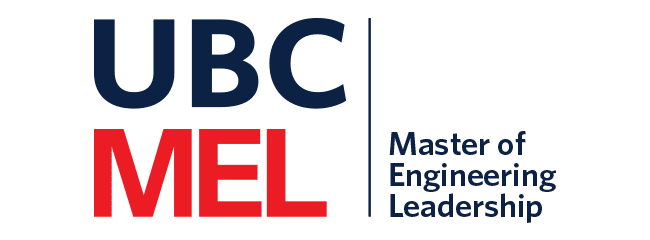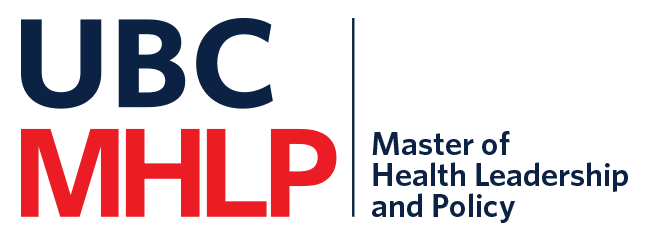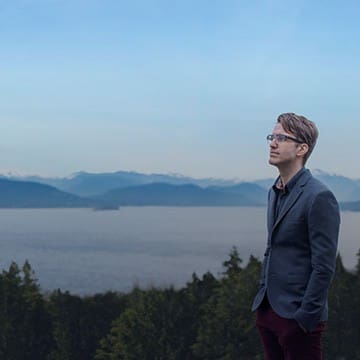Using Unconventional Energy Sources to fuel District Energy
Ivan Lapczak – Clean Energy Engineering Capstone Project
A student’s project underlines the benefits of district energy, and the innovative ways in which clean energy can work
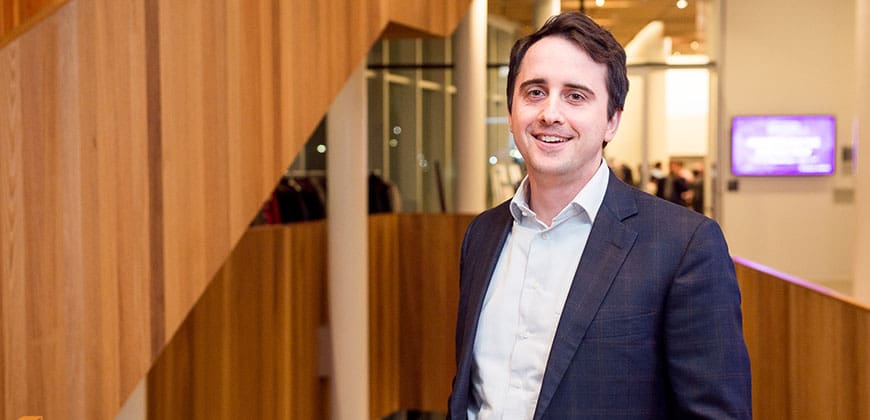
District energy uses one central plant to distribute hot and cold water, rather than several individual sites such as boilers or air conditioning units found in residential homes. This improves energy efficiency, reliability and cost.
Surrey City Energy is committed to the ongoing development of district energy in line with its sustainability charter. Currently the network is heated by conventional natural gas fired boilers, but it plans to integrate low-carbon energy sources into the network as it continues to expand.
As his Clean Energy Engineering Capstone Project for completion of the Master of Engineering Leadership (MEL) degree, Ivan Lapczak partnered with Surrey City Energy to research whether Sewer Heat Recovery (SHR) could be a viable low-carbon source of energy. “That was the question: how to integrate heat from the sewer into the district energy system,” Lapczak explains.
Working in direct partnership with Surrey City Energy, Lapczak was able to gain timely insights into his research, and apply the skills he gained over his 12-month program in a practical, real life environment. “There’s a lot of value in learning something and then applying it to a project or question you develop yourself in partnership with industry mentors. I definitely used concepts from a number of my classes in this project,” he underlines.
It is this reality that makes the connection between industry partners and professionals a valuable tool in shaping a career beyond the classroom. It is a symbiotic relationship wherein the graduate deepens their experience within the industry, and the industry partner gains a fresh approach to a problem — something that may not be possible within the realms of day-to-day business. “I had time to explore different concepts and that’s something industry partners occasionally don’t have,” says Lapczak. “I was motivated and excited to apply new skills gained from the program,” he continues.
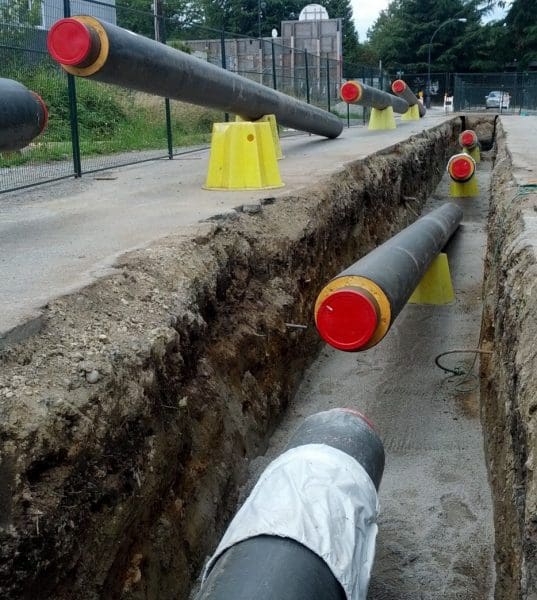 After literature research to see what frameworks he could use to tackle the question, and data analysis reviewing flow rates and annual sewer temperatures to understand if there was adequate heat to use as a source, Lapczak used computer simulation software to mimic different case studies.
After literature research to see what frameworks he could use to tackle the question, and data analysis reviewing flow rates and annual sewer temperatures to understand if there was adequate heat to use as a source, Lapczak used computer simulation software to mimic different case studies.
One of the conclusions that he drew from all that was that it is imperative to match the quality of the energy supply to the quality of the energy demanded. “In this case we’re looking at heating buildings — this requires a lower quality of heat energy. The best use of energy resources is to do that kind of quality matching,” Lapczak explains. “The real world implication is that we can make more informed choices about what’s the best way to heat our homes.”
The next question for Surrey City Energy is how to compare the cost of these choices. “That was a challenge — to be able to get credible cost estimates for lots of equipment,” Lapczak says. It wasn’t something he was able to overcome during the course of his project, but luckily for him, he’s joining the City of Surrey in January 2017, and will continue to build on his research and findings from there. “That’s really the goal of this program, a balance of technical and business leadership — and then to put them into practice.”
After joining us at the City of Surrey for a coop term during the summer of 2016, Ivan decided to focus his capstone project on the investigation of a strategic opportunity for Surrey City Energy to meet its low-carbon objective using sewer heat recovery technology. He was able to apply his learning through the Clean Energy Engineering program at UBC, his background in process engineering and his knowledge of Surrey City Energy’s objectives obtained through his coop work to develop an informative and highly useful study for the City of Surrey. In fact, we decided to bring Ivan on as a City of Surrey staff member once he completed his program at UBC to help us further advance this project as well as other key initiatives. — Jason Owen, District Energy Manager, City of Surrey
Application Deadlines
The online application portal for the January 2025 has closed.
Get ready to apply!
Admissions for the 2026 intake will open on January 1, 2025.
How to ApplyClean Energy Engineering
Develop the technical, business and leadership skills needed to generate sustainable energy solutions.
Read More